build lifepo4 battery pack
Building Lithium Iron Phosphate (LiFePO4) Battery Packs: A Comprehensive Guide
In the era of global energy transformation, the demand for reliable and sustainable energy storage solutions has never been higher. As renewable energy sources like solar and wind gain prominence, the need for efficient battery storage systems becomes critical. Among the various battery technologies available, lithium iron phosphate (LiFePO4) batteries have emerged as a preferred choice due to their unique advantages. In this blog, we explore the intricacies of building LiFePO4 battery packs, their benefits, and how they fit into the broader context of green energy and home energy management.

Introduction: The Rise of Home Energy Storage Systems
The global energy landscape is undergoing a significant shift, driven by the increasing adoption of renewable energy sources. With the rise of solar panels and wind turbines, energy generation is becoming decentralized. However, the intermittent nature of these sources necessitates efficient storage systems to ensure a continuous power supply. This is where LiFePO4 batteries come into play, offering a safe and long-lasting solution for energy storage.
According to the International Renewable Energy Agency (IRENA), the global solar energy market is expected to grow by 30% over the next five years. This growth underscores the importance of energy storage systems, particularly for residential and commercial applications. As more households and businesses adopt solar energy, the need for advanced battery storage solutions becomes evident.
Understanding Lithium Iron Phosphate (LiFePO4) Batteries
LiFePO4 batteries are a type of lithium-ion battery that uses iron phosphate as the cathode material. This makes them inherently safer and more stable than other lithium-ion batteries, such as those using cobalt. Here are some key characteristics of LiFePO4 batteries:
High Cycle Life: LiFePO4 batteries can last for over 10,000 cycles, making them a cost-effective solution for long-term energy storage. Thermal Stability: These batteries are less prone to thermal runaway, a common issue in other lithium-ion batteries. This makes them ideal for use in both residential and industrial settings. Cost-Effectiveness: LiFePO4 batteries are generally more affordable than other lithium-ion batteries, particularly those using cobalt. Environmental Benefits: The use of iron phosphate reduces the reliance on cobalt, a conflict mineral, contributing to a more sustainable supply chain.Why Choose LiFePO4 for Your Energy Storage Needs?
The choice of battery technology is crucial for the efficiency and longevity of your energy storage system. Here are some reasons why LiFePO4 batteries are an excellent choice:
Safety: LiFePO4 batteries are inherently safer due to their chemical makeup, which reduces the risk of combustion or explosion. Longevity: With a lifespan of over 10,000 cycles, LiFePO4 batteries offer excellent value for money, especially for applications where long-term reliability is essential. Efficiency: These batteries offer high energy efficiency, with a typical round-trip efficiency of around 90-95%. This means less energy is lost during charging and discharging. Scalability: LiFePO4 batteries can be easily scaled to meet the specific needs of your application, whether it’s a small home energy system or a large industrial storage facility.Step-by-Step Guide to Building a LiFePO4 Battery Pack
Building a LiFePO4 battery pack requires careful planning and execution to ensure optimal performance and safety. Here are the key steps to consider:
Determine Your Energy Needs: Before starting, it’s essential to assess your energy requirements. This will determine the size and capacity of your battery pack.
Select the Right LiFePO4 Cells: Choose cells that meet your voltage and capacity requirements. It’s important to ensure that all cells are of the same type and quality to maintain consistency.
Design the Battery Pack Layout: The layout of your battery pack will depend on the size and shape of your cells. Proper spacing and ventilation are crucial to prevent overheating.
Connect the Cells: Use appropriate wiring to connect the cells in a way that meets your voltage requirements. Series connections will increase voltage, while parallel connections will increase capacity.
Install a Battery Management System (BMS): A BMS is essential to monitor and balance the cells, ensuring optimal performance and safety. It also protects the battery pack from overcharging and deep discharging.
Testing and Commissioning: Once assembled, it’s crucial to test the battery pack to ensure it meets your performance expectations. This includes testing voltage, capacity, and overall functionality.
Compliance and Safety: Ensure that your battery pack complies with all relevant safety standards and regulations. This includes testing for safety certifications like UL or CE.
Challenges and Considerations in Building LiFePO4 Battery Packs
While building a LiFePO4 battery pack offers numerous benefits, there are also challenges to consider. These include:
Supply Chain Issues: The increasing demand for LiFePO4 batteries has led to supply chain constraints. This can affect the availability and cost of components. Complexity of Construction: Building a battery pack requires technical expertise and careful planning. For those without experience, it can be a challenging process. Safety Concerns: While LiFePO4 batteries are safer than other types, improper construction or maintenance can still pose safety risks.BasenPower’s Solution for Your Energy Storage Needs
At BasenPower, we understand the importance of having a reliable and efficient energy storage system. Our LiFePO4 battery packs are designed to meet the needs of both residential and commercial applications, offering:
High Performance: Our battery packs deliver exceptional energy efficiency and long cycle life, ensuring optimal performance. Safety First: Built with the latest safety features, our battery packs prioritize thermal stability and protection against overcharging and deep discharging. Sustainable Design: Our focus on sustainable materials and practices ensures that our products contribute to a greener future.As the world continues to shift towards renewable energy, the role of energy storage systems becomes increasingly important. LiFePO4 batteries offer a safe, reliable, and cost-effective solution for energy storage, making them an ideal choice for both residential and commercial applications. By following the steps outlined in this guide, you can build a high-quality LiFePO4 battery pack that meets your energy needs.
For more information about our products and services, visit our website or contact our team of experts. BasenPower is committed to providing innovative and sustainable energy solutions that empower you to make the most of renewable energy.

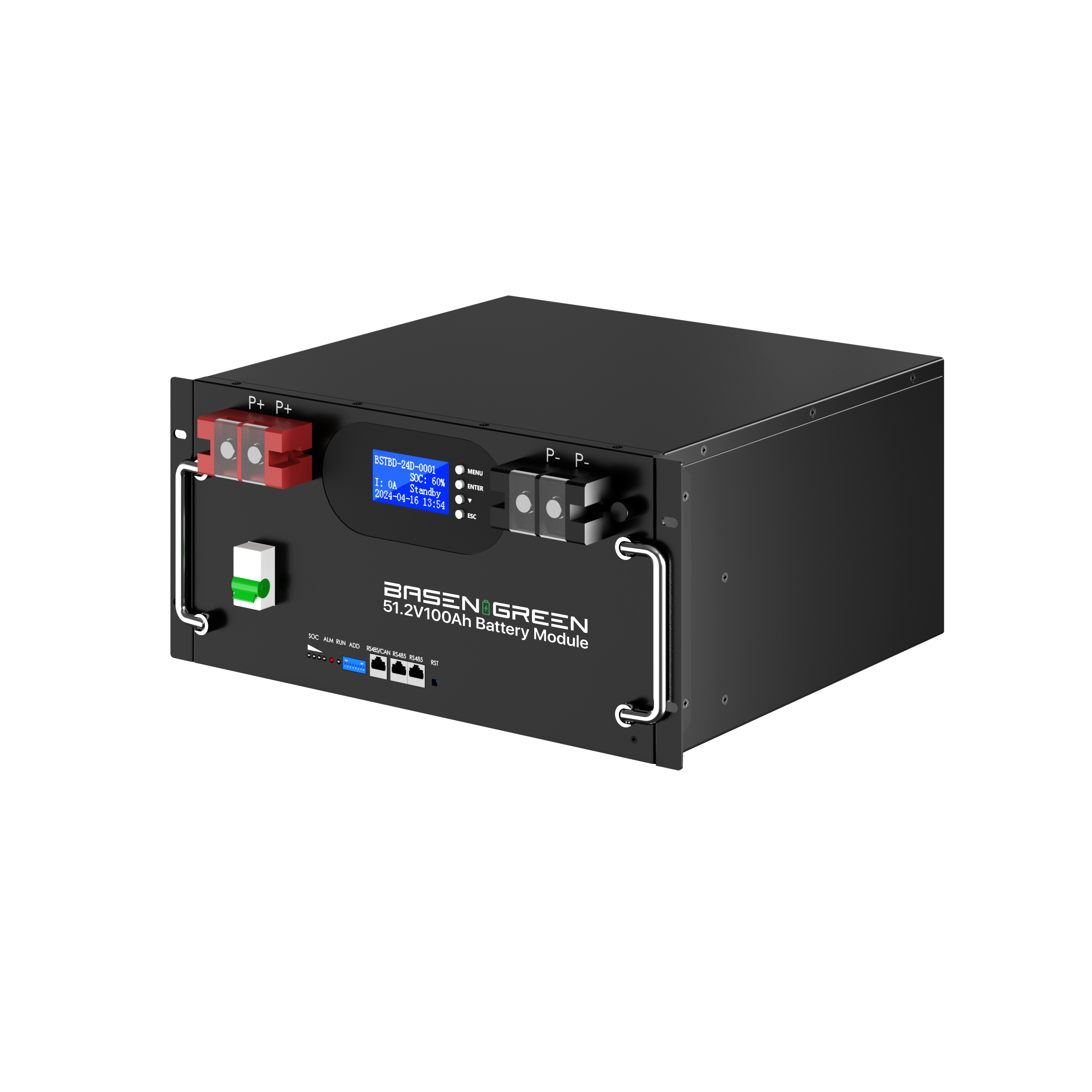
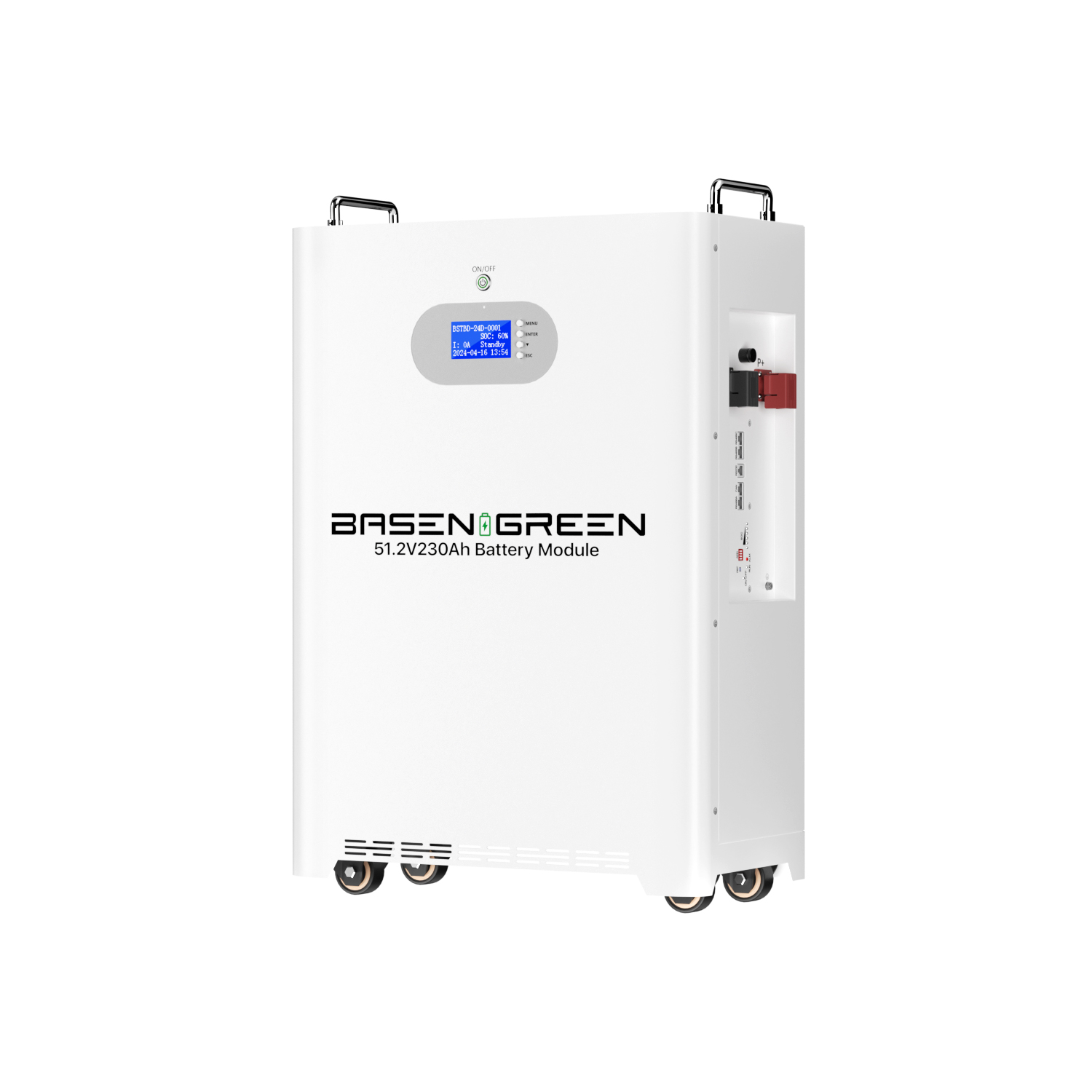
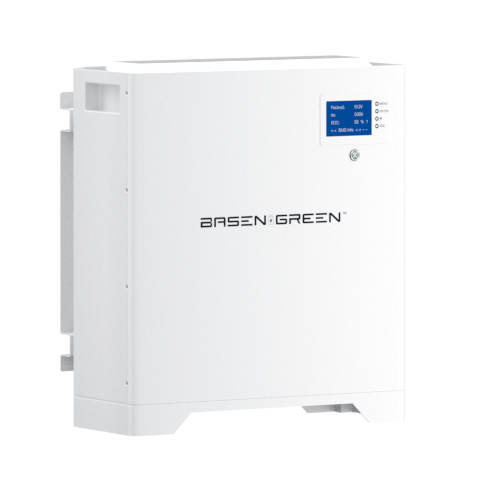
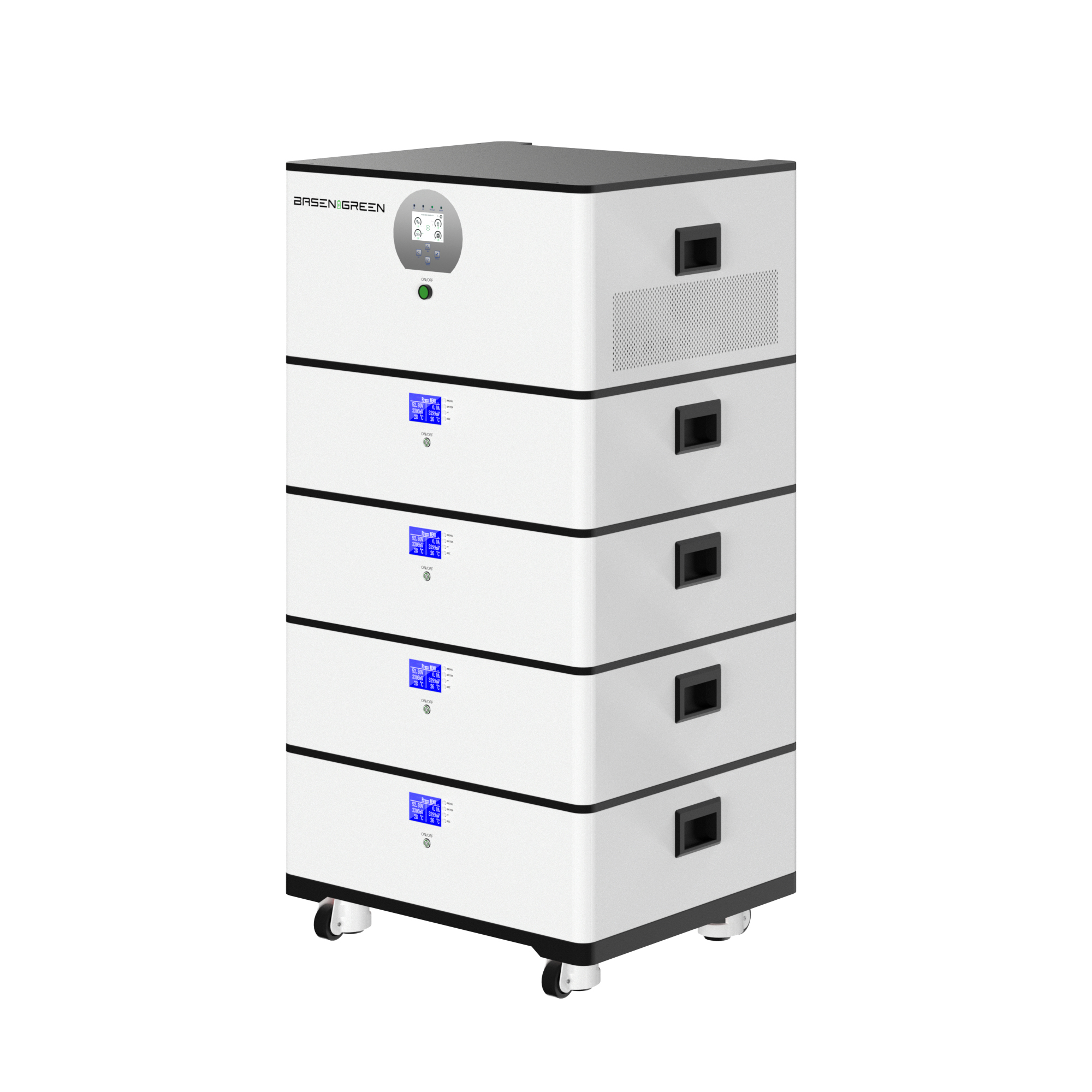

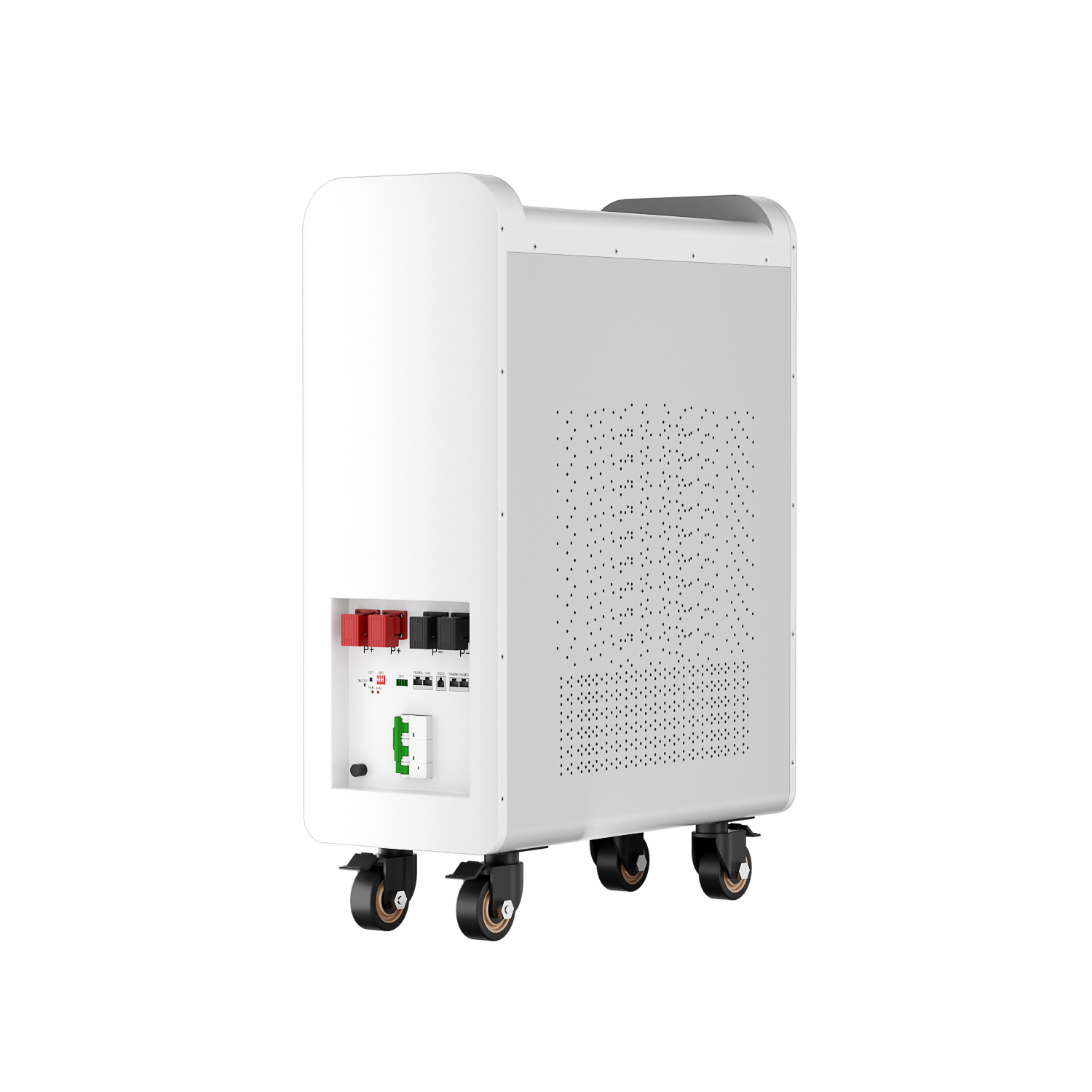
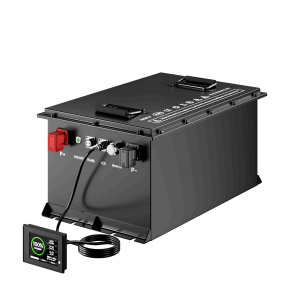
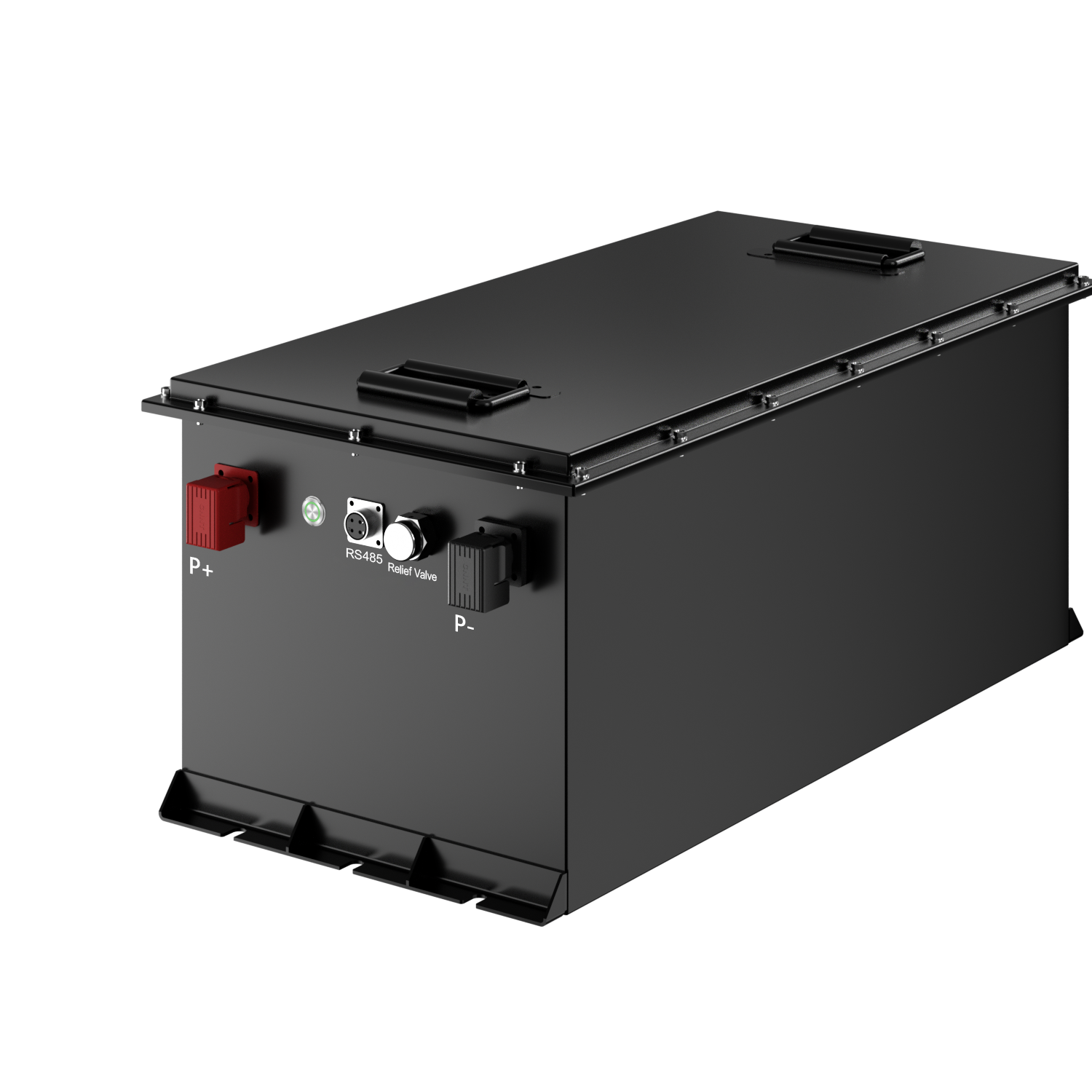
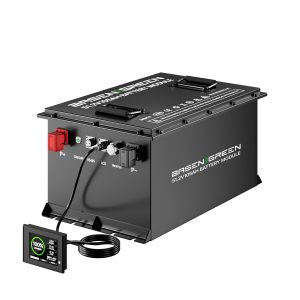
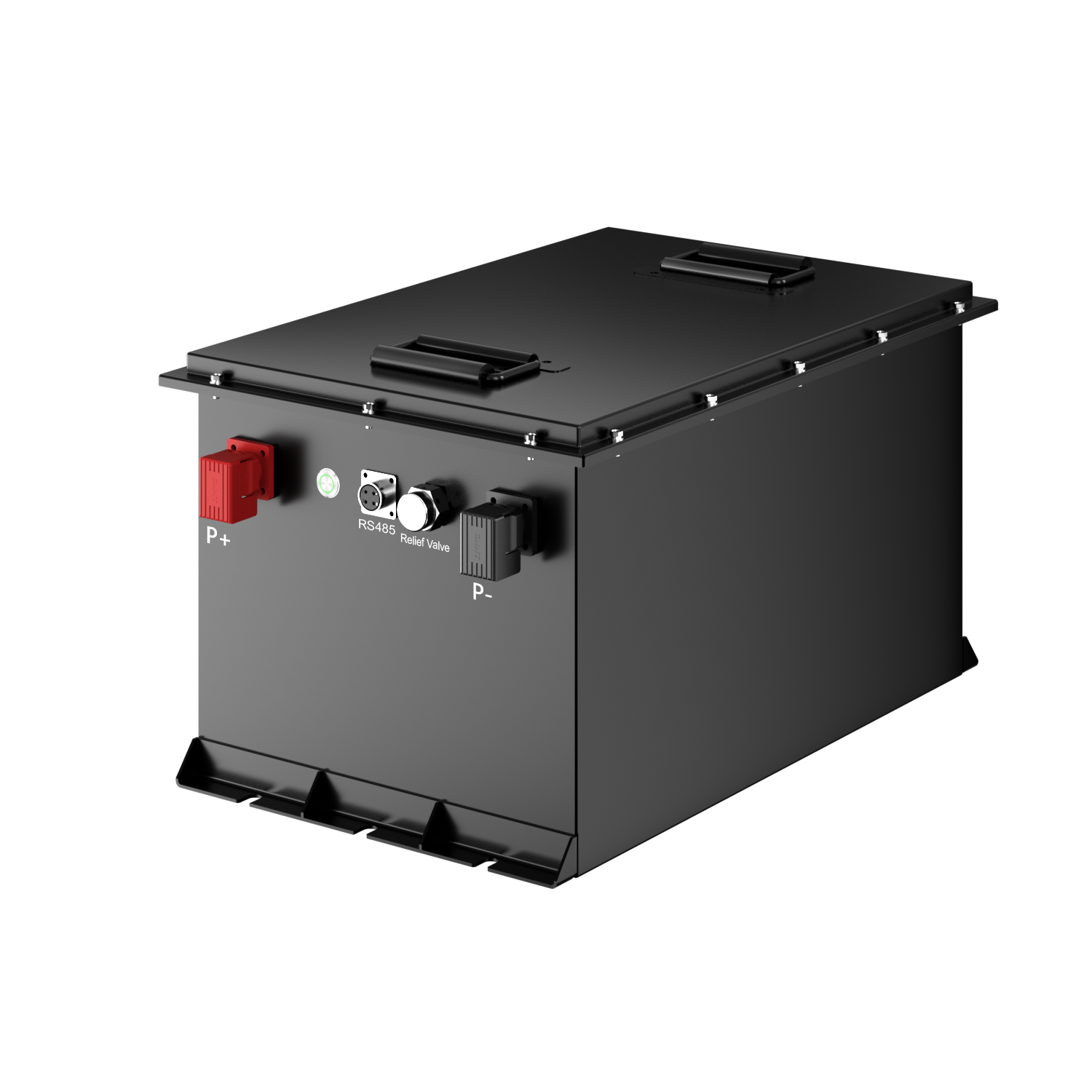
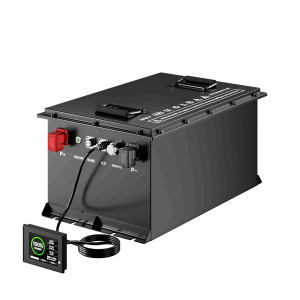
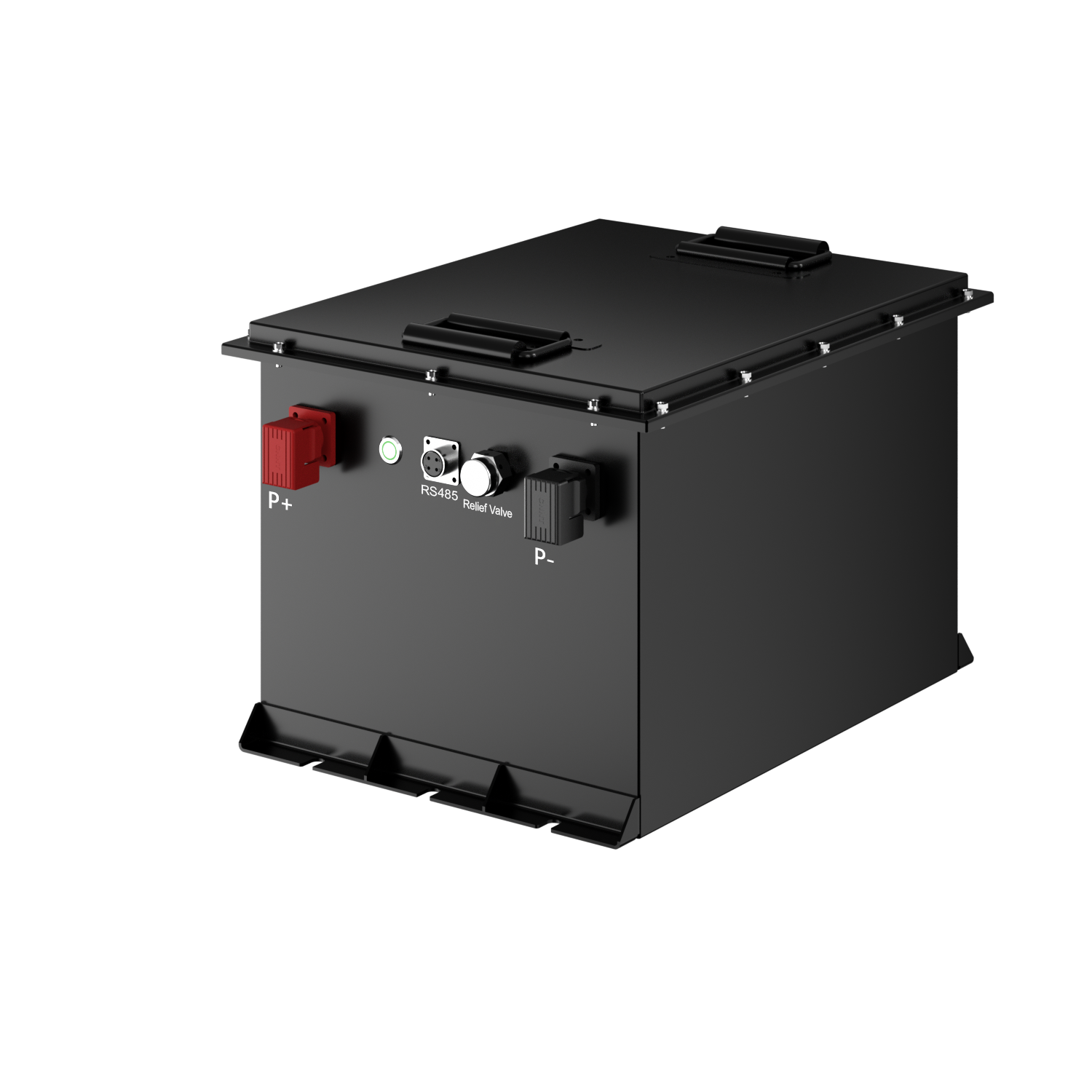
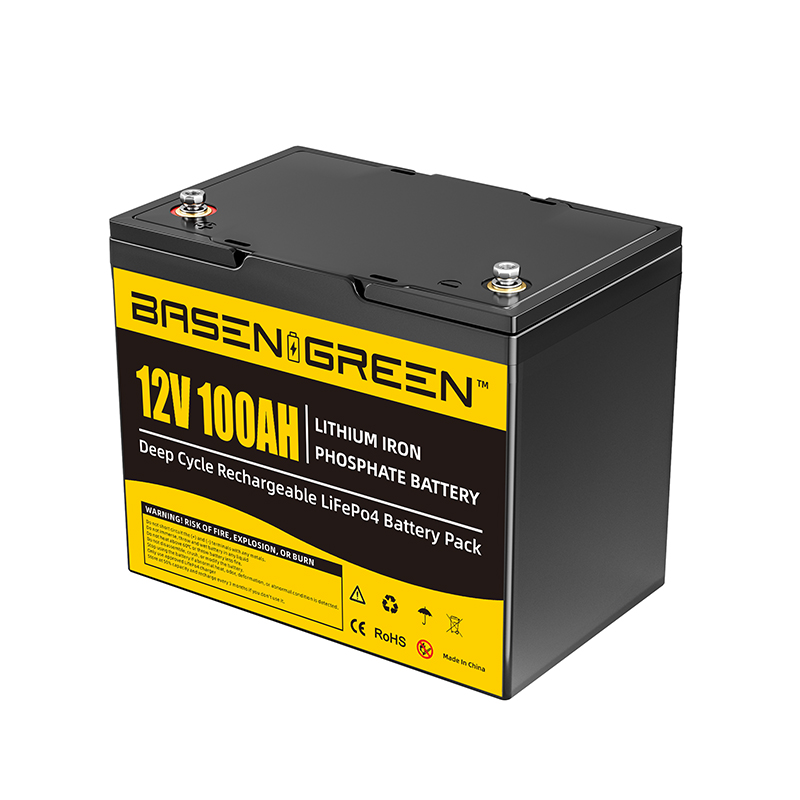

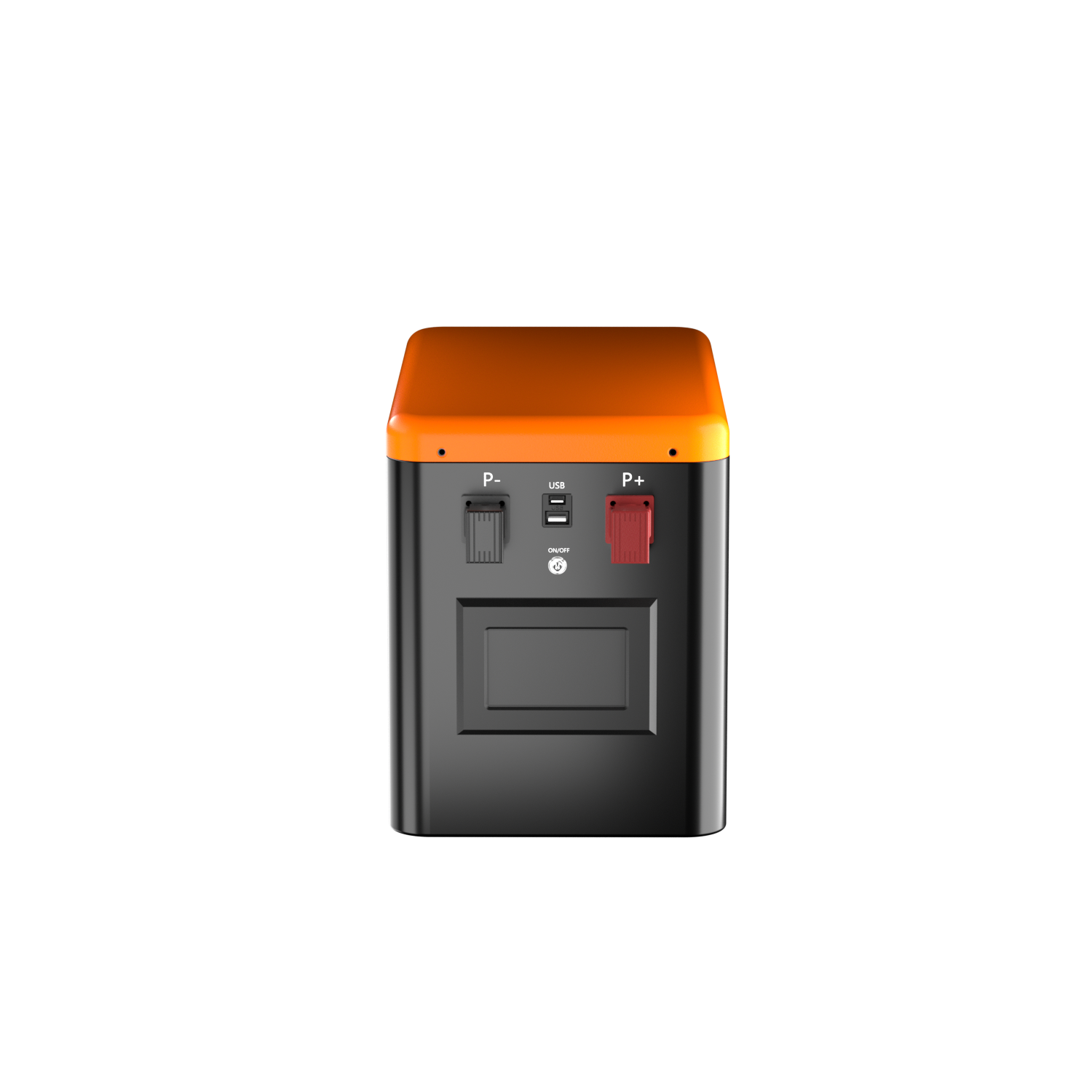
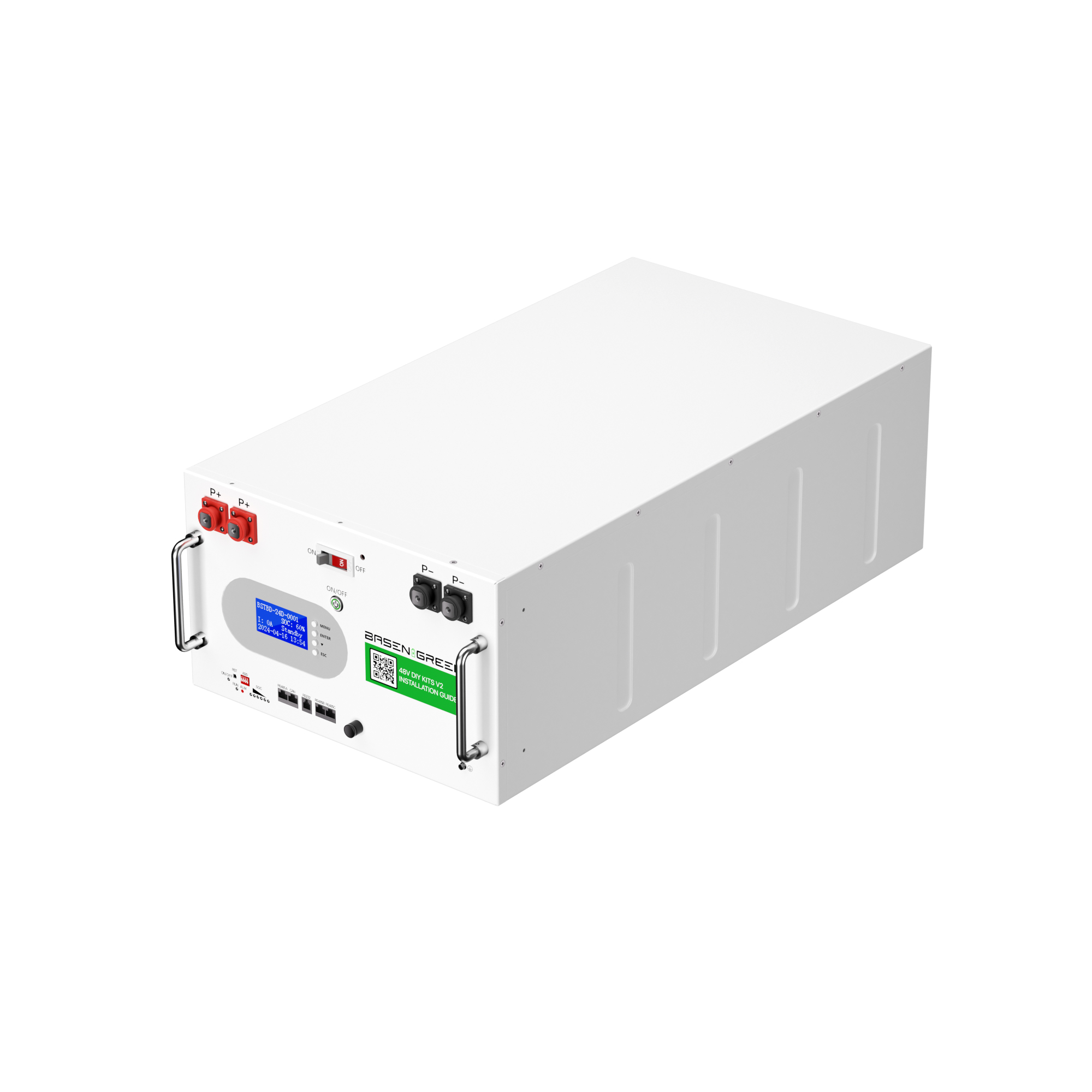
.png)